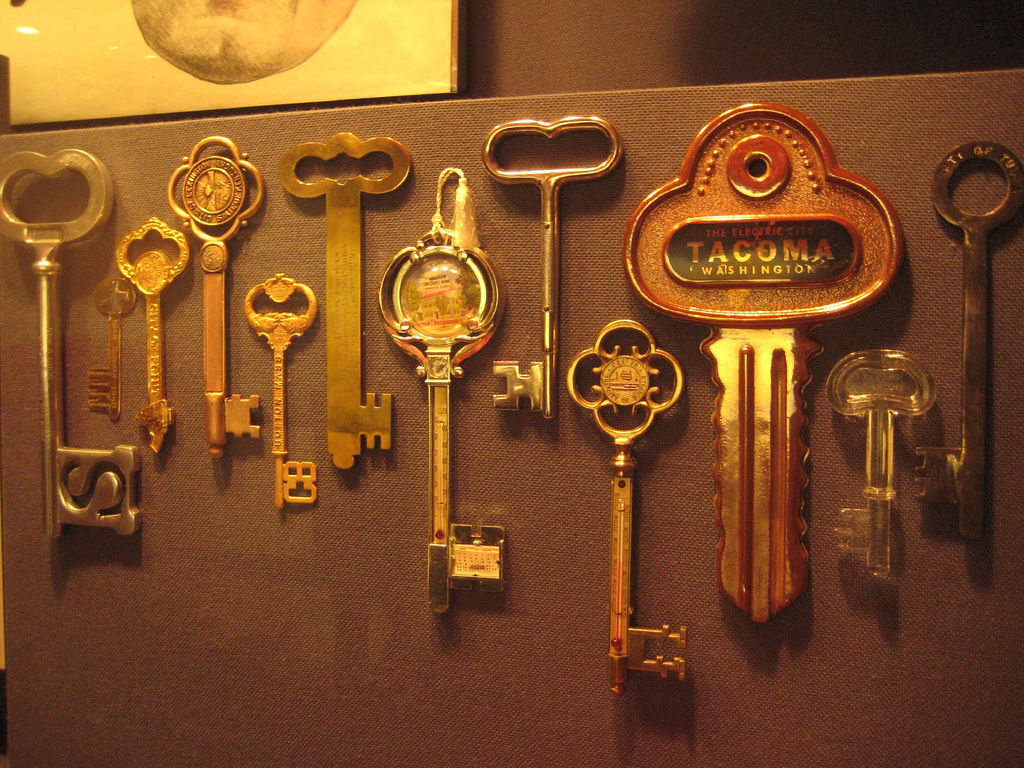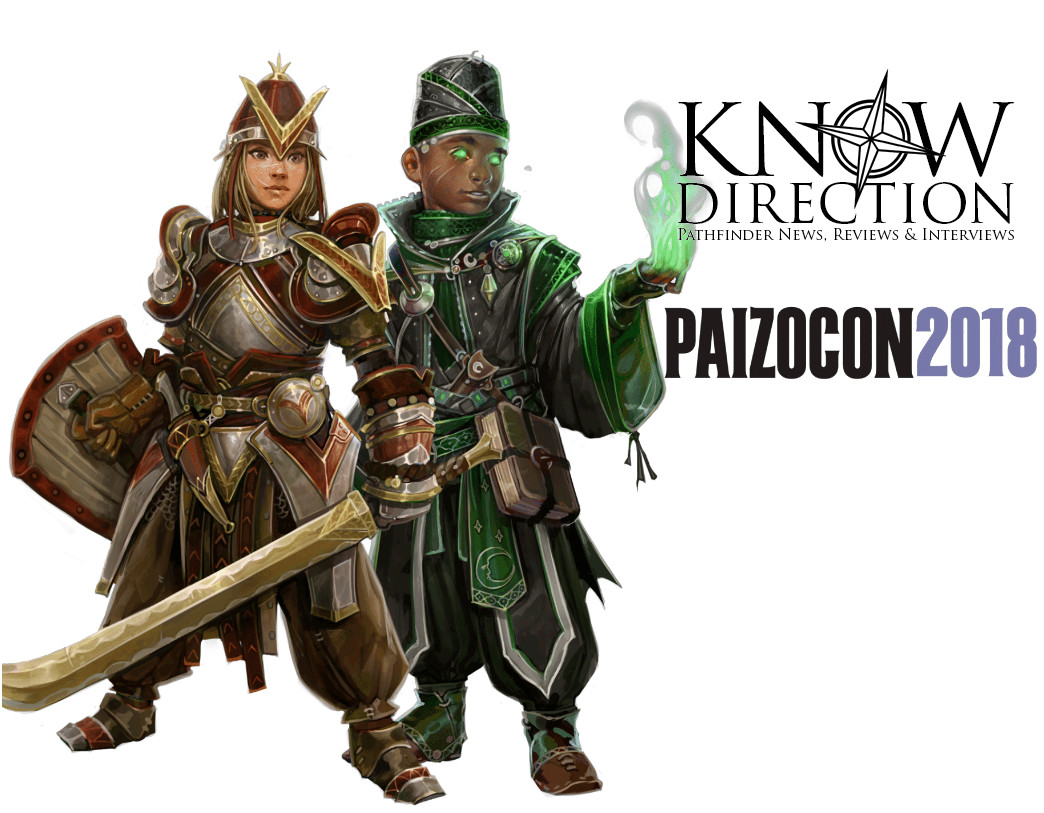Hi, my name is James and welcome to Code/Switch. Last week we spoke about how Paizo can integrate ideas used in free-to-play games to Pathfinder for the good of all! We discussed offering continuing support and bonuses to older purchased content and offering limited time events. Today I want to finish up this series by talking about the concepts of offering a random reward schedule and grind mitigation.
Concept 3: Random Reward Schedule
Free to play games have this concept down to a science, literally. While that Extra Credits video portrays this as a negative aspect (which it totally can be), you can also use this as a way to keep people engaged in your product.
Rewards to necessarily have to be bonuses on top of current offerings, but can be as simple as an irregular (but frequent) schedule for a product line. Scott Cawthon, creator of the Five Nights at Freddie’s series uses this tactic to great effect. Scott often would give a far off release date for the next game in the series, or would even joke a game was cancelled only to release it unannounced the next day. This game is steeped in hidden lore, and the erratic release schedule caused those fans to rush to try to be in on the newest bits of lore and gameplay.
Take note, this isn’t a free reward, Scott still expects his player base to pay retail price for the game and if Paizo were to do something similar that same standard would be expected. Products could be spin-offs of the Free RPG Day modules, a gazetteer about a nation, ancestry, or deity, or an entirely new, slim product composed of material left over from core books that may not have use in the foreseeable future.
Some rewards can be given for free may be very minor gameplay options, storyline advancement, or setting info. Borderlands 2 (and a few other games now) have a service called SHiFT. SHiFT is a voluntary service players can register for which gives free in game loot. It was born out of an older service which tracked what loot players valued, and while the service started out giving loot to see what was used it currently seems to be just a boon to players. Rewards range from skins to weapons to “Golden Keys” which are a gacha-style item which allows a player to loot a Golden Chest. This is used by the creators of Borderlands as a way to support an existing player-base, but could be modified as a voluntary sign up that gives rewards in exchange for opinions, thoughts, and feedback for a certain product or series of products.
Concept 4: Grind Mitigation
This is where free-to-play games make a lot of their cash, selling things that allow people to earn rewards in place of spending time and effort. You can play for 10 hours to wait for a .01% drop, or you can give the company $5 to get a 6 pack of that same drop.
Now, tabletops have a built in grind mitigation feature called “Your GM’s blessing”. In home settings your GM can always just do a montage or time skip to power your up for the next encounter, or have you roll on a few weeks of crafting checks to make enough cash to buy that sick sword. Grind mitigation would be a feature exclusively to boost Organized Play quality of life.
Starfinder and Pathfinder Organized Play are the biggest advertisement Paizo has for their games. The ad blitz for Starfinder last August and the bit of hype around 2E has been good, but there hasn’t been a better ambassador for their games than people playing their games in open, welcoming spaces. I’ve personally played Pathfinder Society and have enjoyed it, but I’ve been burdened by the weight of unrealized character concepts.
For those of you unfamiliar with Organized Play, every 4 hour adventure is worth 1xp, every 3xp you gain a level. Normal Pathfinder Organized play stops right when you turn 12th level, with a precious few mods to continue that characters life. Society also has a limited replay system, with the expanded narrative boon and with 300 games GM’d under your belt, you have a max of 10 replays a year, most people probably get 2-4. While Pathfinder Society has a lot of scenarios, they’re not unlimited and you can run out of scenarios to play. After substantial playtime you’re left in a spot where you want to play a build that gets good in the mid or late levels, but don’t have the available scenarios to start leveling that character.
Pathfinder Society had a scenario last year that gave a boon to start a character at 2nd level, but this could be expanded upon. Modules with scenario chains like Thornkeep, Ire of the Storm, and Gallows of Madness who give full levels of experience for 4 hour sessions are a step in the right direction as well. Some tweaking to the replay rules, expansion of modules with scenario chains, and boons to skip grind would help you build a character you want to play, when it becomes the most fun.
Thank you for joining me as I think about applying ideas from the most hated form of gaming to our beloved form of gaming! Think I’m awful? Think I’m a genius ahead of my time? Praise or revile me at out Know Direction Discord Server and I’ll see you in 2 weeks for another edition of Code/Switch.








